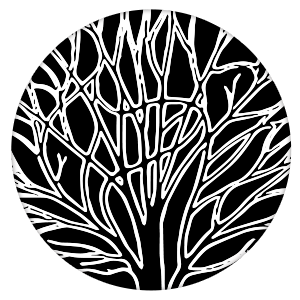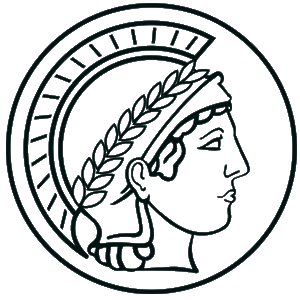There is an increasing body of evidence for cultural behaviour in non-human animals. Recent work has also hypothesized that animal cultures could also exhibit some degree of cultural evolution. However we still have relatively little empirical evidence for how such processes may operate in non-human animals. In this talk, I discuss a series of studies of the within and across-generation transmission of foraging traditions in wild birds. First, I show that beneficial innovations can spread through social networks to form stable traditions. Second, that cultural traits can be both inherited and refined over time, with increasing foraging proficiency in later generations. Third, I show that traditions are flexible under environmental change, with behaviours with suboptimal payoffs less likely to survive. Finally, I explore the effect of increasing task complexity on these processes. I finish by discussing when the learnt experience of previous generations will have implications for how individuals exploit their current environment, and how these traits might be important for behavioural flexibility in changing environments.
I will present several studies showing that preschoolers can learn abstract higher-order principles from data, as well as studies of adolescents, low SES American and Peruvian children, and Peruvian adults on the same tasks. In each case, younger learners were actually better at inferring unusual or unlikely principles than older learners. I will also include preliminary evidence from Amazonian horticulturalists. I relate this to computational ideas about search and sampling, to evolutionary ideas about human life history, and to neuroscience findings about the negative effects of frontal control on wide exploration, and the advantages of earlier neural architectures for wide-ranging learning. My hypothesis is that childhood is evolution’s way of performing simulated annealing. Our distinctively long human childhood allows a period of broad “high-temperature” hypothesis search. As a result, this life-history allow humans to escape from local optima in the course of cultural evolution.
The origins and spread of agricultural economies had an enormous impact on human history, correlating with fundamental changes in demography, ecology and social organization. By taking an evolutionary perspective of the interactions between population, subsistence and socio-cultural traditions, recent work undertaken by myself and colleagues at UCL has shed important new light on the processes of Neolithization in Europe and beyond. Specifically, our research aimed to test the Neolithic Demographic Transition (NDT) hypothesis, which proposed a major demographic shift during the transition from forager-horticulturists to farmers, which can be explained by increased maternal energetics of farming communities relative to mobile foragers. However, whilst our research supports the NDT hypothesis, we also revealed that the reproductive advantage offered by farming was not continuous, and that most regions in Europe suffered consecutive population booms and busts. In this talk I will outline key findings of the EUROEVOL project, focusing on the expansion of the farming ‘niche’ and evolutionary demography of Neolithic western Europe.
The talk will provide an overview of recent and ongoing research that seeks to better understand the historical determinants of cultural differences that we observe in the world today. I will also consider the question of how this variation matters for the economic and social well-being of societies. Finally, I will illustrate the importance of understanding cultural differences, and their origins, for policymakers, governments, and NGOs.





